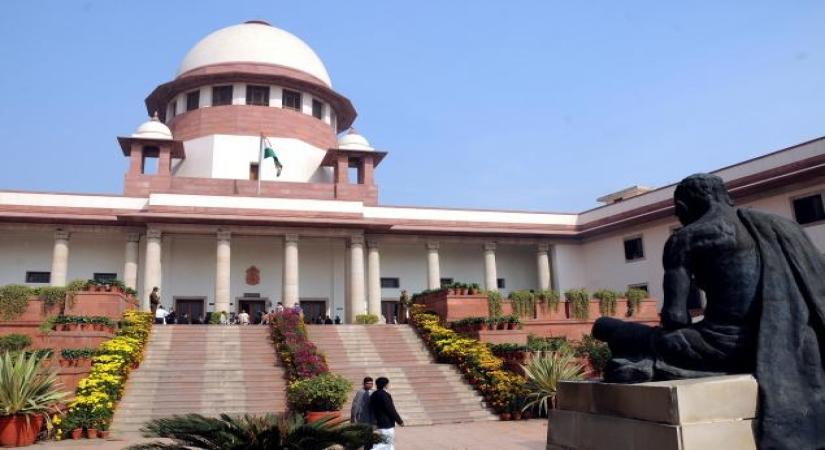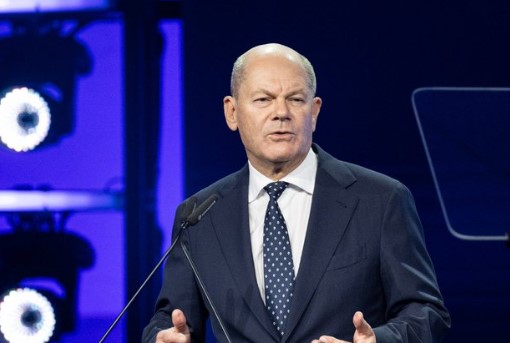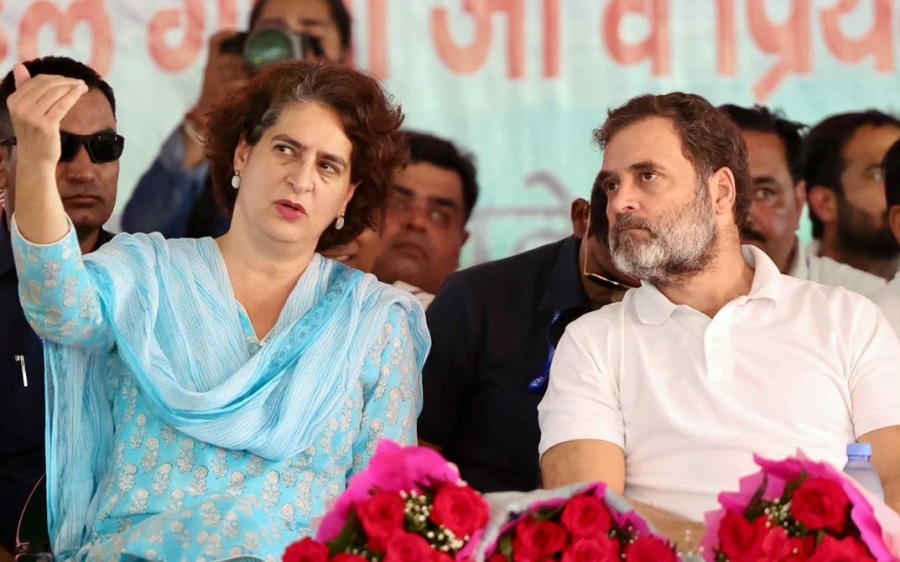A bench, headed by Justice Sanjiv Khanna, remarked that a catena of apex court judgments has held that secularism was always a part of the basic structure…reports Asian Lite News
The Supreme Court on Monday observed that secularism has been held to be a core feature of the Constitution.
A bench, headed by Justice Sanjiv Khanna, remarked that a catena of apex court judgments has held that secularism was always a part of the basic structure.
The bench, also comprising Justice Sanjay Kumar, which was hearing a clutch of petitions challenging the insertion of “Socialist” and “Secular” in the Preamble, declined to issue notice and posted the matter for hearing in mid-November.
Several petitions have been filed before the Supreme Court challenging the 42nd Constitution Amendment Act, 1976 by which the words “Socialist” and “Secular” were inserted in the Preamble of the Constitution.
One of the petitions said that such an amendment is against the “historical and cultural theme of the Great Republic of Bharat, the oldest civilisation of the world”.
It further contended that the concept of “Dharma” is different from the concept of religion and the Communist theory of state cannot be applied in the Indian context, which has been a total failure and is not in tune with the religious sentiments and socioeconomic conditions.
“How can the citizens of India be compelled to be secular when they have the fundamental right to Freedom of Religion under Article 25 of the Constitution of India to freely profess, practice and propagate religion,” the plea said.
The plea urged the top court to issue direction or declaration that the concepts of “Socialism” and “Secularism” occurring in the Preamble of the Constitution refer to the nature of the Republic and are limited to the working of the sovereign function of the state and the same is not applicable to the citizens, political parties, and social organisations.
The plea contended that in France and some other countries, a secular government is never involved in religious matters whereas the Indian Constitution itself has empowered the state to indulge in religious matters and some special rights have been given even to religious minorities under Article 30 of the Constitution. The petition also challenged the insertion of the words ‘Secular’ and ‘Socialist’ in the Representation of the People Act, 1951, making it compulsory for the political parties applying for registration before the Election Commission to make a specific provision in its memorandum that the association will have true faith and allegiance to the Constitution and “to the principles of ‘Socialism’ and ‘Secularism’ and democracy and would uphold the sovereignty and integrity of India”.
ALSO READ: Pak-based TRF takes responsibility for J&K terror attack














